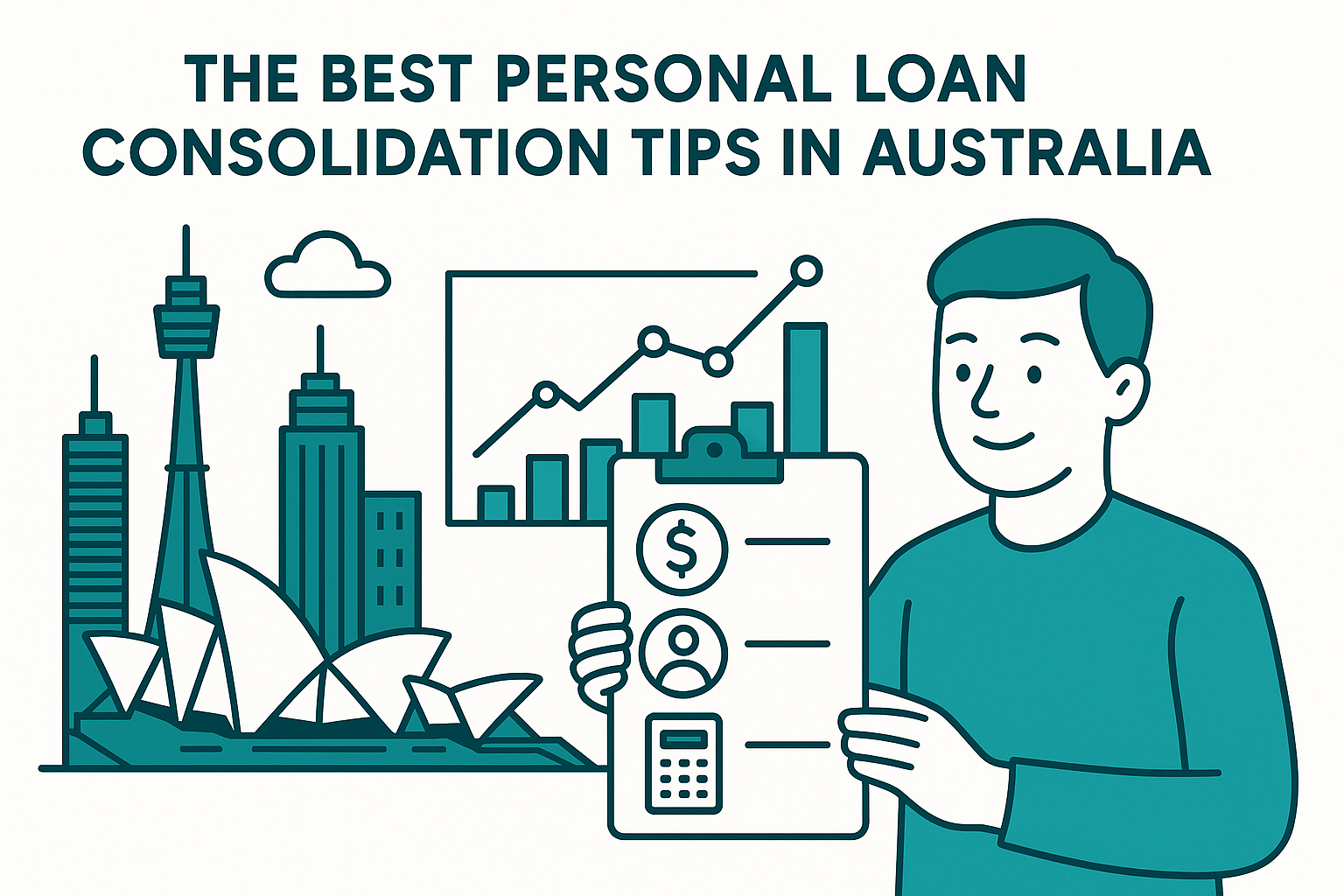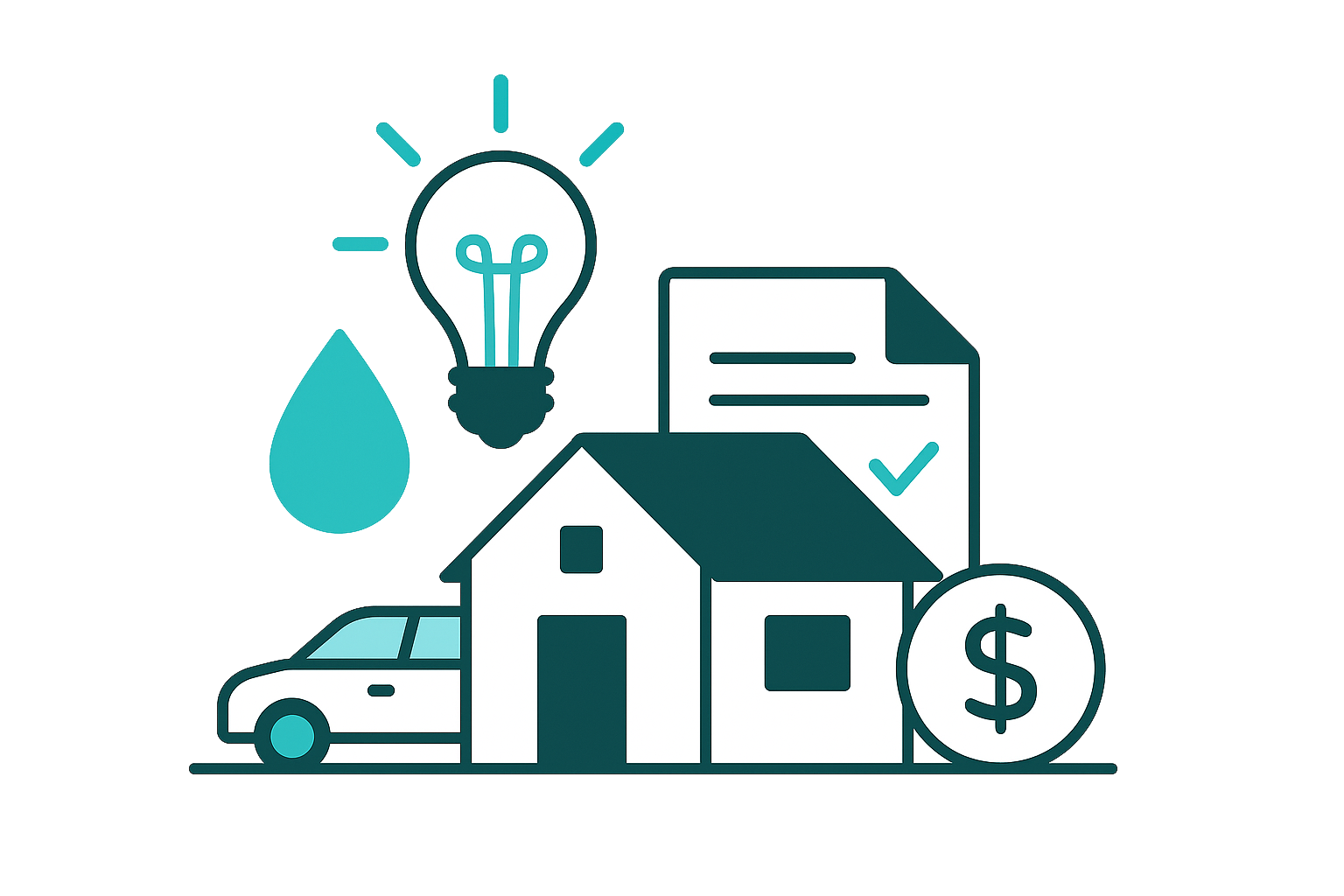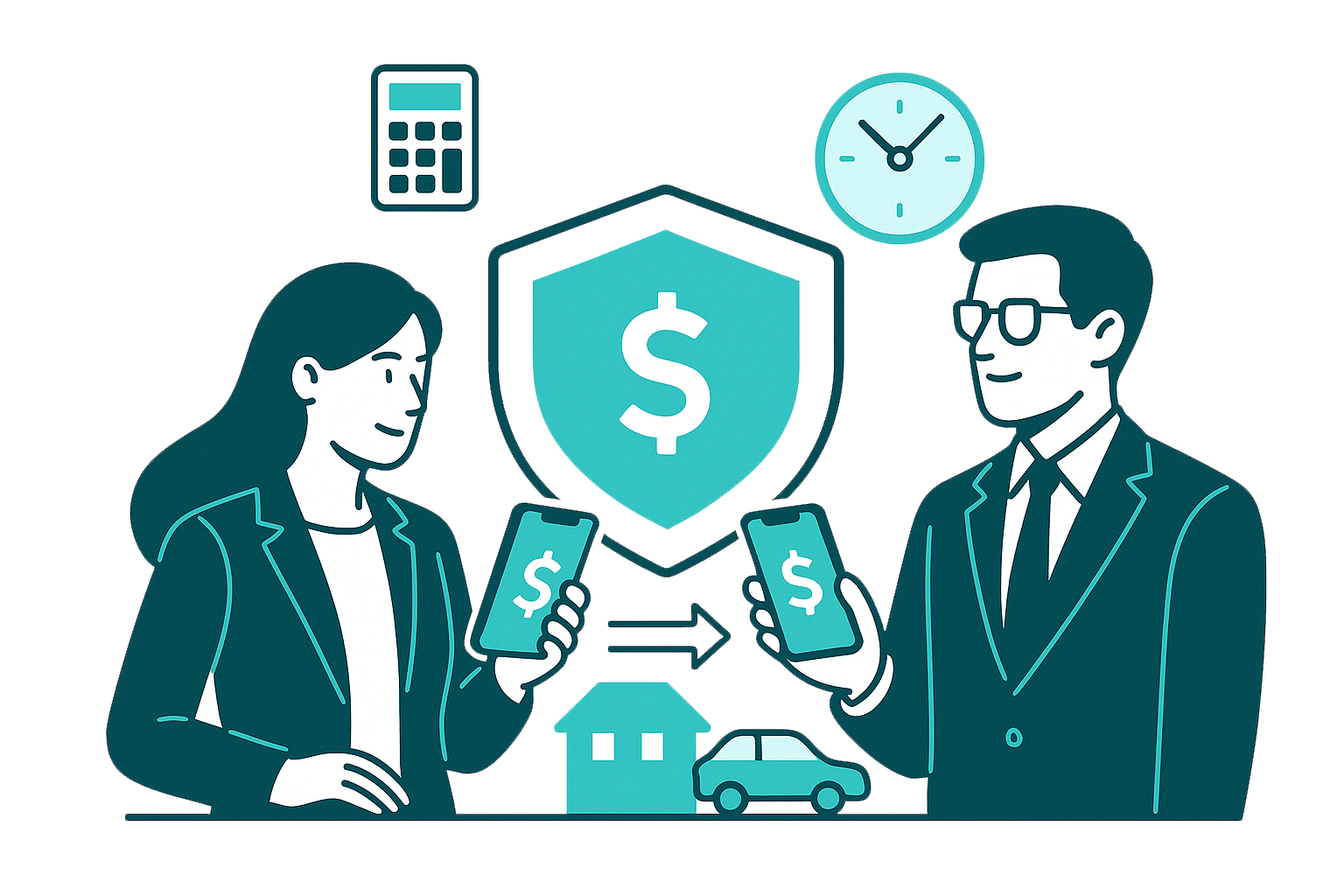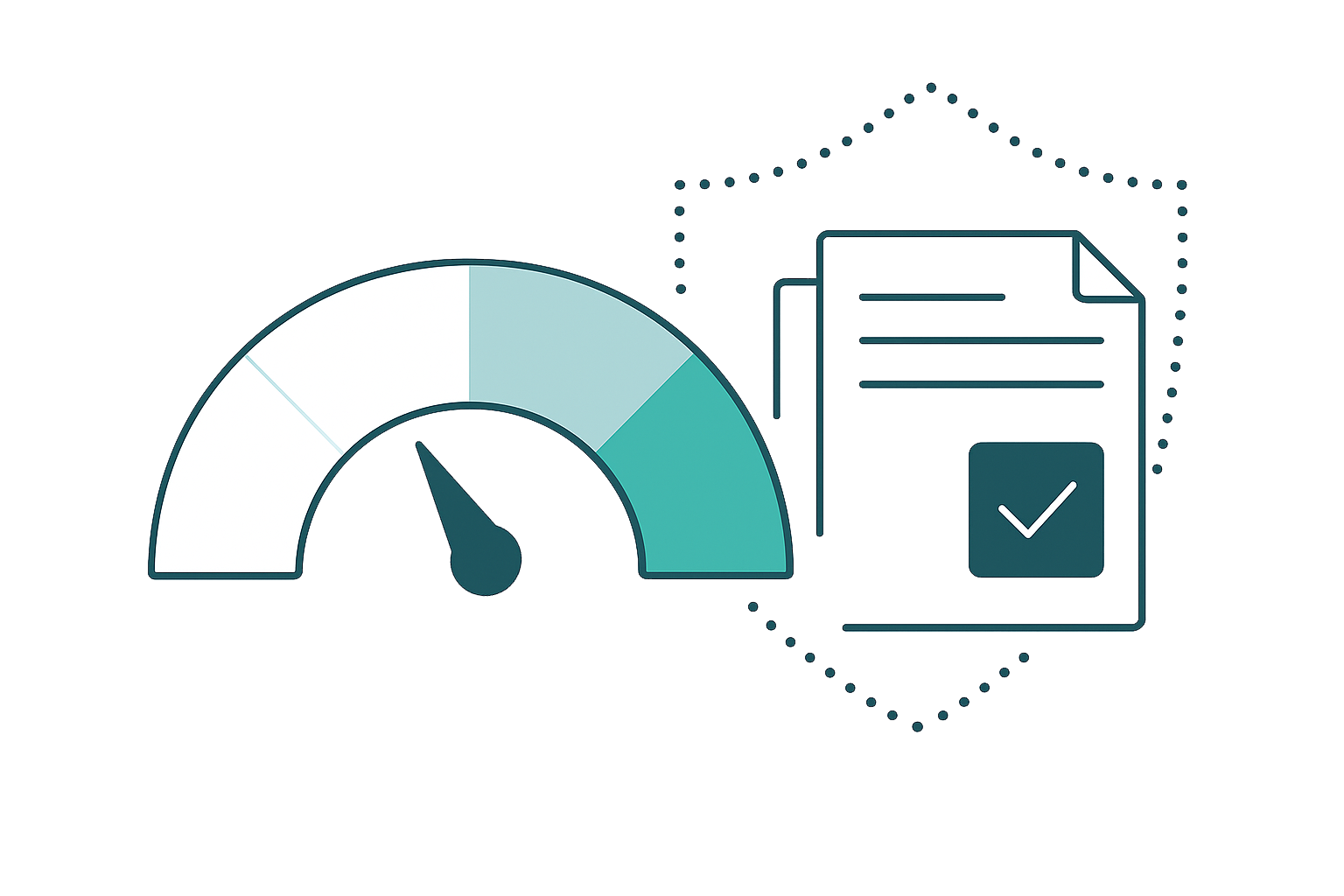The Best Personal Loan Consolidation Tips in Australia
- Personal Finance
- 03 Mins read

How Personal Loan Consolidation Works
Let’s look at the process step-by-step:
-
Assess your debts: List all current personal loans, including outstanding balances, interest rates, and repayment terms.
-
Check your credit score: A good credit history improves your chances of favorable consolidation terms. You can check your score for free through services like Experian Australia or via your bank.
-
Research lenders and options: Banks, credit unions, and online lenders offer consolidation loans. Compare interest rates, fees, and repayment flexibility.
-
Apply for the new loan: Submit an application with your chosen lender. They will review your financial situation and determine if you qualify.
-
Pay off existing loans: Once approved, the new lender pays off your previous debts. Your focus then shifts to repaying the consolidation loan.
-
Adjust your budget: With a single repayment, you can better plan your finances.
Tip: Be aware of any fees, such as early repayment fees on your current loans, or application fees on the new loan.
Things to Watch Out for
While consolidation can be a lifesaver, it comes with some caveats:
- Extended loan terms: Longer repayment periods might reduce monthly payments but can increase total interest paid over time.
- Fixed vs. variable rates: Fixed rates stay the same, offering predictability. Variable rates can change with market conditions, sometimes going up.
- Fees and charges: Some loans come with fees that can negate savings.
- Impact on credit score: Applying for a new loan slightly affects your score. Plus, closing old loans can alter your credit history.
A word of caution: Not all debts are suitable for consolidation. High-interest debts, like credit cards, might be better tackled separately if restructuring doesn’t reduce costs.
Crafting a Repayment Strategy
Once you’ve consolidated, it’s essential to plan your repayments:
- Set realistic goals: Determine how much you can afford to pay each month.
- Create a budget: Track income and expenses to identify savings.
- Prioritize high-interest debts: If possible, pay extra towards debts with the highest rates to save on interest.
- Automate payments: This minimizes missed payments and helps maintain good credit.
Remember: Consistency is key. Regular repayments help you pay off debt faster and improve your credit profile.
When Consolidation Might Not Be the Best Choice
Sometimes, consolidating isn’t advisable:
- If your current interest rates are very low, a new loan might not save money.
- If you plan to make extra payments to clear debt quickly, consider whether the longer term might increase total interest paid.
- If fees outweigh the benefits, consolidation may not be worth it.
In these cases, refinancing or negotiating directly with lenders could be better options.
Real-Life Scenario: A Case Study
Sarah, a 35-year-old teacher in Brisbane, had three personal debts:
- $5,000 at 15% interest (credit card)
- $3,000 at 12% interest (personal loan)
- $2,000 at 10% interest (payday loan)
Her total debt was $10,000. She approached a credit union offering a consolidation loan at 8%.
Results:
- Her monthly payments decreased by 25%.
- Total interest paid over the loan term dropped by about $1,200.
- She paid off her debt in 18 months instead of 24.
Key takeaway: Consolidation helped Sarah simplify payments and save money, clearing her debt sooner.
Additional Tips for Successful Debt Consolidation
- Consult a financial advisor: They can help you understand if consolidation suits your situation.
- Avoid taking on new debt: Before consolidating, aim to pay down existing debts.
- Review your financial habits: Use consolidation as an opportunity to improve budgeting and saving.
Final Thoughts
Consolidating personal loans in Australia can be a smart move if done thoughtfully. It offers a chance to regain control over your finances and reduce stress.
But remember, it’s not a magic bullet. The key lies in understanding your debts, shopping around for the best terms, and sticking to a disciplined repayment plan.
As ASIC notes, “Managing your debts responsibly is crucial to your financial health.” Take the time to weigh your options, seek advice if needed, and choose the best path forward.
Your financial journey is unique. With the right approach, consolidation can be a powerful tool to help you achieve your goals and enjoy peace of mind.



